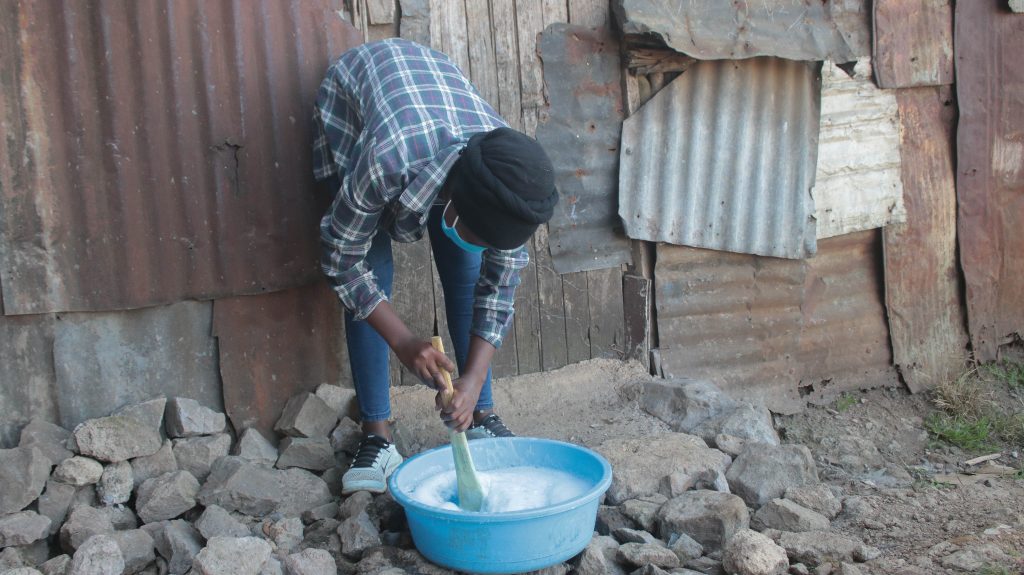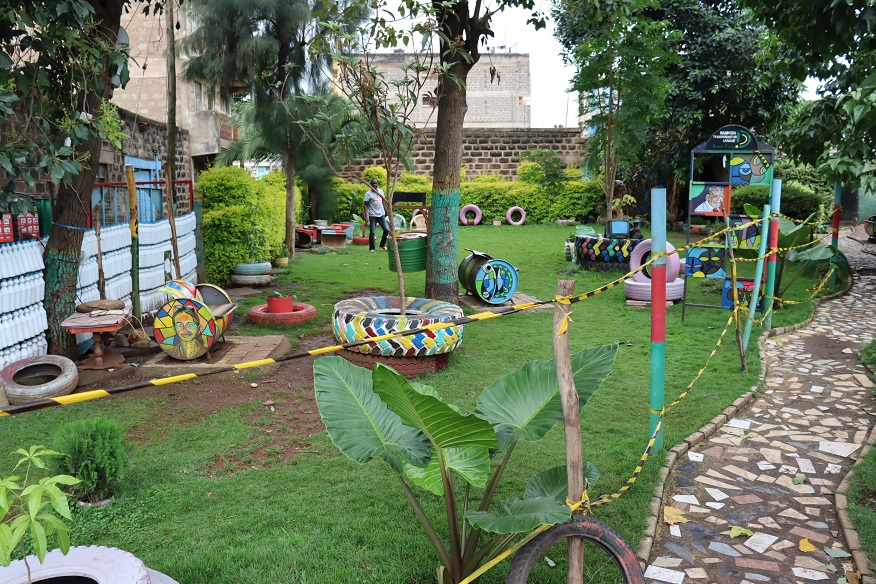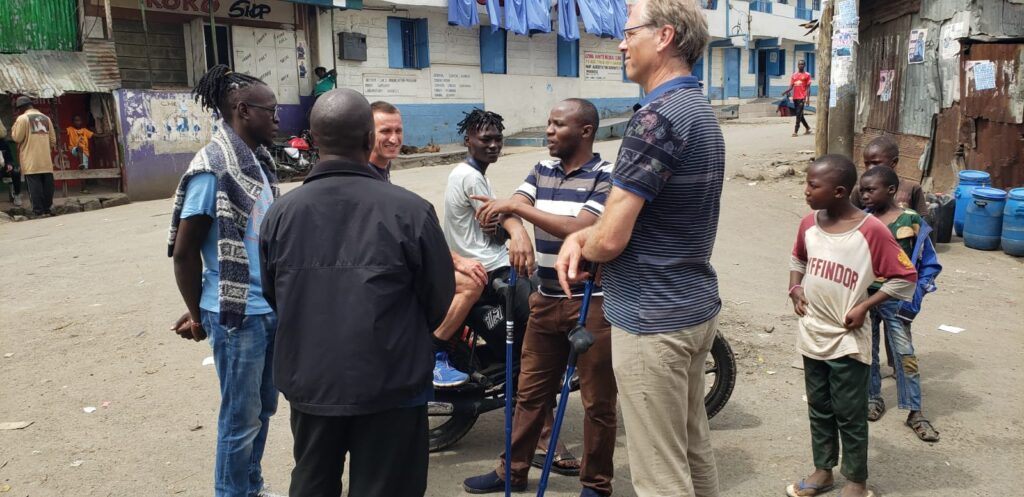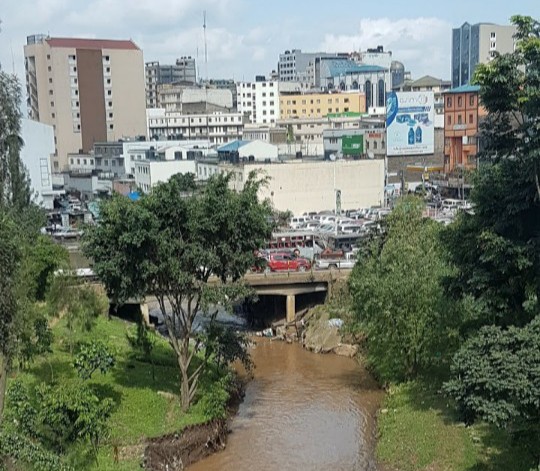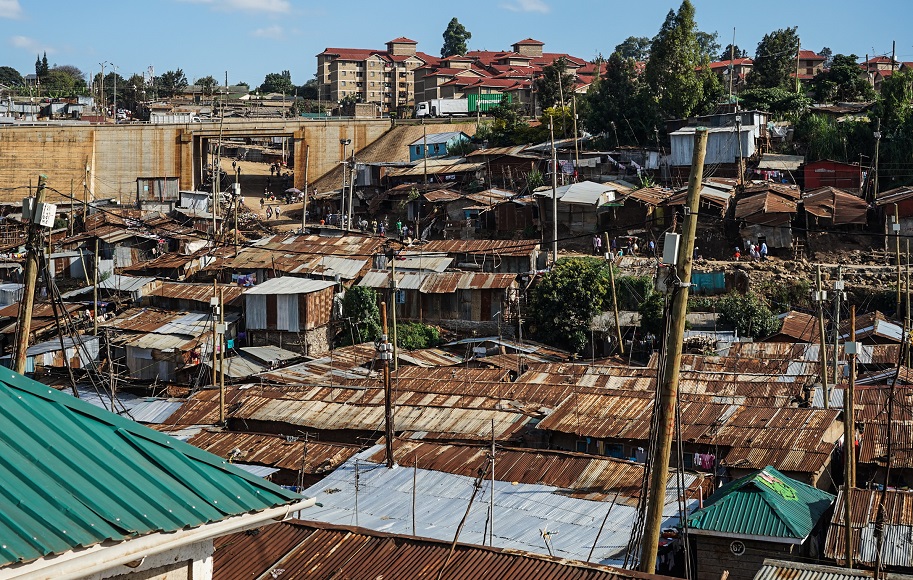Research Areas
Urban Development
The Urban Development programme undertakes impact-driven action research aimed at advancing resilience, equity, and sustainability in urban developmental processes through collaborative and innovative approaches. Our research activities are positioned at the intersection of our five cross-cutting themes
Resilience
Our programme prioritises research on urban resilience, which encompasses enhancing the capacity of cities and their constituent systems to withstand and recover from shocks and stresses. This includes addressing climate change impacts, natural disasters, socio-economic disruptions, and health crises among other multidimensional urban crises. The goal is to advance knowledge on creating resilient urban systems and promoting adaptive and transformative strategies for addressing the urban challenges of the future.
Frugality
Embracing the principles of frugality, we seek to provide insights on optimisation of limited resources for the development of creative fixes that meet the social and developmental needs of communities in resource constrained urban settings.
Inclusion
Our programme is deeply committed to promoting inclusive urban development, ensuring equitable access to opportunities and resources for all members of society. This includes addressing issues of social equity and inclusive governance structures by actively involving marginalised urban communities in developmental processes.
Governance
Effective urban governance is crucial for sustainable urban development and equitable outcomes. Our research programme examines governance structures, policies, and practices to identify opportunities for improving urban governance and innovative governance configurations for addressing complex urban challenges.
Please Add a Video Link.
Our research approach is centred on knowledge co-creation, with emphasis on research-policy-society interconnections in generating actionable knowledge and solutions to society’s most pressing urban challenges including urbanisation and climate change, among others. In bridging the gap between research and action, we engage diverse stakeholders in co-designing interdisciplinary research projects and co-developing and co-implementing evidence-based interventions to ensure that local knowledge, expertise, and perspectives are integrated into our research agenda, leading to more relevant and impactful outcomes. The programme is also structured to facilitate knowledge cross-pollination through cross-city exchanges where the subject themes are explored through international comparisons between researchers, policy makers and communities in various cities.
Projects Under Urban Development
Introducing innovative ideas for business
Over the past three years, marketers have faced an arduous journey due to the rapid shifts in consumer sentiment and the rising costs associated....
Over the past three years, marketers have faced an arduous journey due to the rapid shifts in consumer sentiment and the rising costs associated....
Over the past three years, marketers have faced an arduous journey due to the rapid shifts in consumer sentiment and the rising costs associated....
Over the past three years, marketers have faced an arduous journey due to the rapid shifts in consumer sentiment and the rising costs associated....
Physical Address
No. MK088, Ushindi West Avenue,
Mukuyu Rd (Mukuyu West Wing), Thome 1
Nairobi, Kenya
Organization
Subscribe for newsletter & get news, events and publications updates
Contact Us
Office Tel: (+254) 20 8009928 |
Mobile: (+254) 706 324 467
© 2025 Nuvoni Research

